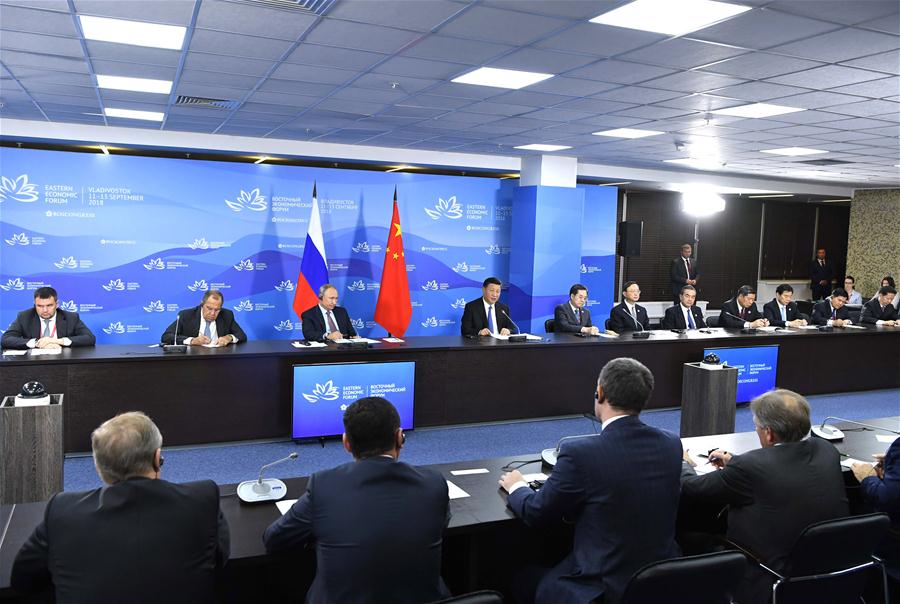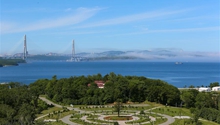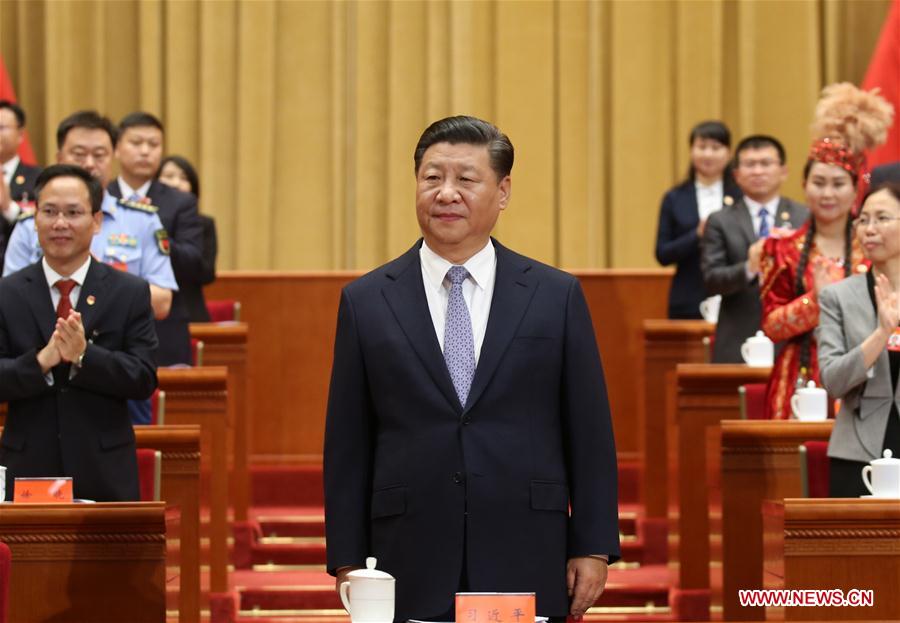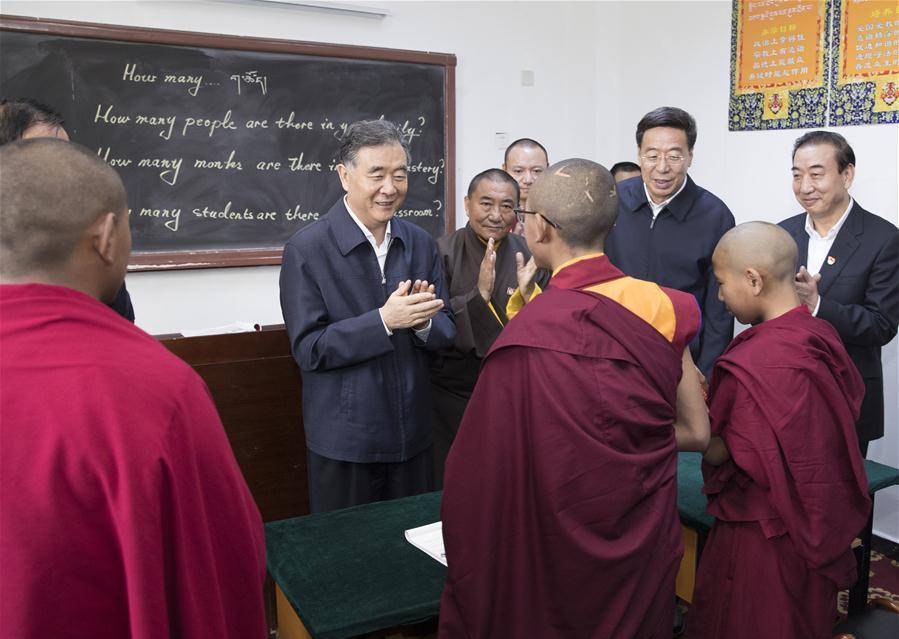Russia ready to extend nuclear arms reduction treaty with U.S.: diplomat
Moscow is ready to extend the Russian-U.S. New Strategic Arms Reduction Treaty (New START) for another five years, provided Washington and its partners are willing to abide by it, a senior Russian diplomat has said.
Vladimir Yermakov, director of the Nonproliferation and Arms Control Department of the Russian Foreign Ministry, made the remarks at a meeting of the United Nations (UN) General Assembly's First Committee in New York Tuesday, according to a transcript published by the ministry on Wednesday.
He said that before extending the treaty it is necessary to settle issues of its implementation by the United States, in particular, unilateral exclusion by Washington of a "significant number of strategic offensive arms bypassing the norms stipulated in the treaty."
The New START, which became effective in 2011 and will expire in 2021, envisages Russia and the United States halving the number of strategic nuclear missile launchers by Feb. 5, 2018. It can be extended to up to five years by mutual agreement.
Both countries have announced that they had completed the reduction by the set time.
However, Russia is concerned about the new U.S. nuclear doctrine, the provisions of which may lead to a lowered threshold for the use of nuclear weapons as well as unrestricted expansion of the U.S. missile defense system, Yermakov said.
Russia is equally concerned about the prospect of deploying weapons in outer space after hearing about "active preparation by some countries for conducting combat operations in the near-Earth space," he said.
Moscow also has serious concerns about the U.S. deployment of MK-41 universal launchers in Romania and Poland, which may use nuclear missiles in violation of the Intermediate-Range Nuclear Forces Treaty, Yermakov said.
Nuclear disarmament is only possible if all countries with military nuclear capability join relevant efforts, first and foremost, members of the North Atlantic Treaty Organization, he said.
"However, to our deep regret, so far none of them has expressed such intent," Yermakov said.
Your Comment
Name E-mailRelated News
-
-

-
China, Russia agree to advance sub-national cooperation
Chinese President Xi Jinping and his Russian counterpart, Vladimir Putin, on Tuesday called for promoting sub-national cooperation to cement bilateral relations and benefit the two peoples.
-
-
-

-
4th Eastern Economic Forum opens in Russia's Vladivostok
World leaders and business tycoons gathered in Russia's Far Eastern port city of Vladivostok to discuss cooperation at the fourth Eastern Economic Forum (EEF) that opened Tuesday.
-
-
-

-
Interview: Chinese ambassador says China-Russia ties set to expand
Growing cooperation between China and Russia will bolster the development of bilateral relations, Chinese Ambassador to Russia Li Hui said in a recent interview with Xinhua.
-
-
-
Putin proposes softening retirement age increase for women to 60
Russian President Vladimir Putin proposed softening the increase of retirement age for women, suggesting that it should be raised from 55 to 60 instead of 63, as in the original proposal.
-
-
Russia attacks U.S. sanctions, mulls responses amid heightening tensions
Russia on Monday blasted the U.S. sanctions over an alleged poison attack on a former Russian spy, saying Moscow will "withstand" and respond to Washington's "brute pressure."







